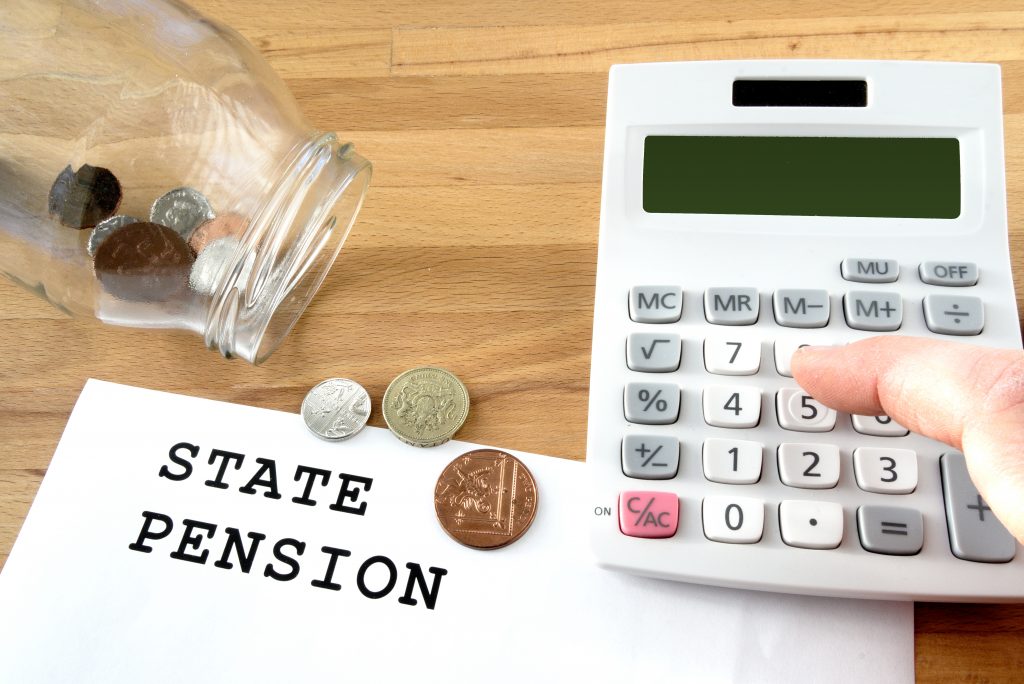
‘Multiple sources’ suggest the opposition leader Keir Starmer and shadow Chancellor Rachel Reeves are poised to add the commitment to the Labour manifesto, according to i News.
Labour’s National Policy Forum – formed of major groups from within the party – agrees with the potential move and says it “will stand by increases to the state pension to protect pensioners from the cost-of-living crisis.”
The triple lock policy guarantees the state pension rises each year by the highest of:
- Average earnings growth
- The rate of inflation
- Or by 2.5%.
It was introduced by the coalition Government in 2010 (Conservatives and Lib Dems) but in Labour’s final policy document, it added: “Labour recognises the triple lock in how it has protected pensioners’ incomes and providing certainty in retirement.”
After rumours the pension policy could be scrapped in favour of a lower measure of average earnings, Chancellor Jeremy Hunt kept the current mechanism for calculating retirees’ funds.

Wellness and wellbeing holidays: Travel insurance is essential for your peace of mind
Out of the pandemic lockdowns, there’s a greater emphasis on wellbeing and wellness, with
Sponsored by Post Office
It means millions of pensioners will receive a hefty 8.5% state pension boost from April – more than double the current 4% rate of inflation – with some retirees seeing an extra £900 a year in their pockets.
‘No surprise Labour commits to state pension triple lock’
Tom Selby, director of public policy at AJ Bell, said: “Given Sir Keir Starmer has been taking a safety-first approach to this General Election campaign, it is no surprise Labour has decided to commit to the state pension triple lock.
“Any shift away from the pledge, however sensible, would have risked being the centre of an attack campaign by his political opponents. Given the importance of securing support from older voters, sticking with the triple lock is likely viewed as the easiest option politically.”
However, while the policy is widely praised as a good means of keeping the pension pot protected from fluctuation in the economy, Selby said “it does not mean the decision represents good policy.” He believes the policy is an admittance that state pension is not high enough at its current level.
Triple lock ‘has proven to be extremely volatile’ in recent years
Selby added: “Rather than putting in place a plan to increase the value of the state pension to a level deemed ‘fair’, the triple-lock randomly ratchets up the state pension in real terms depending on earnings growth and inflation at a specific point in time each year.
“This approach has proven extremely volatile in recent years as inflation and earnings have spiked, meaning the cost to taxpayers each year has been both significant and unpredictable.
“The triple-lock has become a totem for ‘doing right by older people’, but as it increases the cost of the state pension, there is a risk planned rises in the state pension age will need to be accelerated to balance the books, embedding intergenerational unfairness into the system.”




